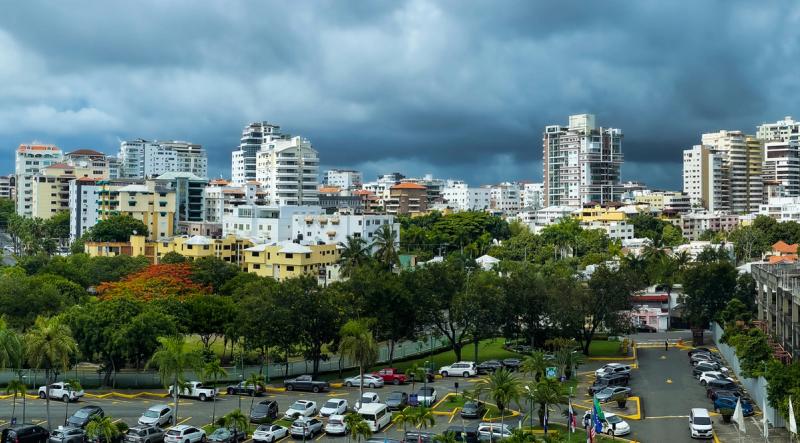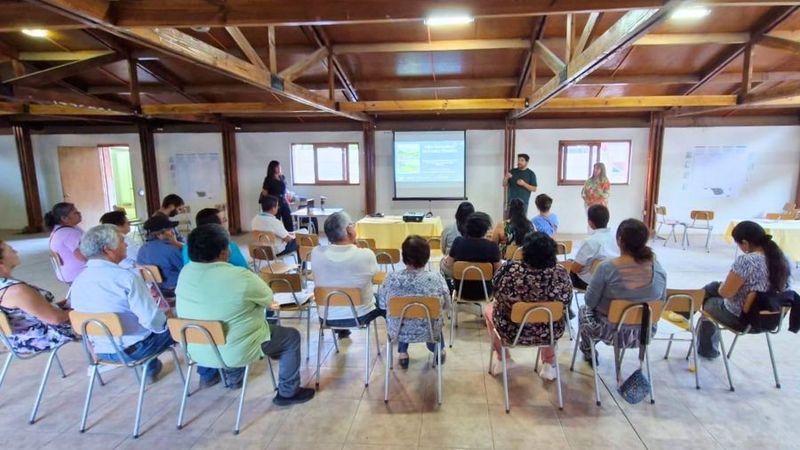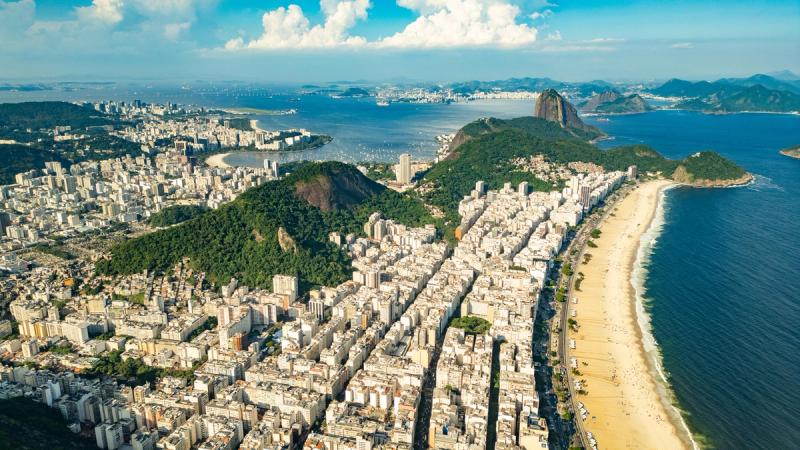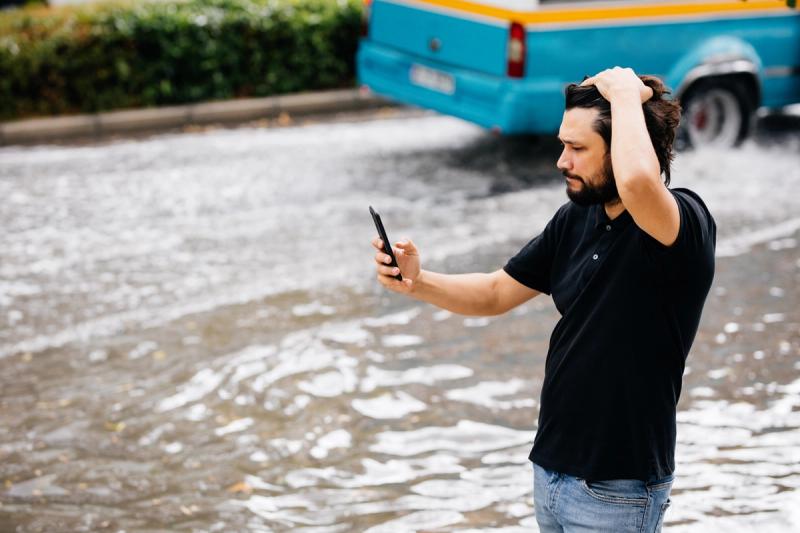From Thinking to Doing: Empowering Communities to Lead the Fight Against Climate Change

Climate change puts the entire planet at risk but coastal regions and communities that are economically disadvantaged are the most likely to be hit hardest. The question is not if they will be impacted but when. The time to prepare and protect themselves is now.
What does it take to weather the storm?
The Dominican Republic sits at the crossroads of a storm formation known as "hurricane alley.” Loss of life, destruction of property, and soaring recovery costs are common and devastating to the small coastal nation. With an estimated annual average loss of $345 million, the cost of inaction grows as these storms increase in strength and frequency each year. Innovative, localized solutions are desperately needed.
What does a community actually need to build resilience?
Through the Building Climate-Resilient Communities project, Columbia Global teamed up with local scholars and community groups in Santo Domingo, Dominican Republic to develop blueprints for a resilience center. The plan was to imagine and design a facility that could provide critical services like electricity, water, and emergency response during disasters, and to serve as a hub for education, preparation, and recovery before and after storms.
Local solutions to global challenges
With this model of a center model, communities across the Dominican Republic will be able to construct one of their own more efficiently, adapting it as needed to local conditions. The project also serves as a blueprint for other Caribbean communities seeking innovative solutions to the escalating challenges of climate change.

How does a country reach carbon neutrality without expertise and resources?
With more than 4,000 miles of coastline, Chile faces significant risks from rising sea levels and increasing natural disasters. To address these challenges, the country has mandated that municipalities develop Local Climate Action Plans by 2025 to help the country achieve carbon neutrality and implement effective resilience measures. However, many local governments struggle with limited expertise and resources, making the path to preparation unclear.
Can sharing ideas help fight climate change?
Through the Strengthening Capacities and Civic Participation for Climate Resilient Communities project, Columbia Global gathered local government leaders, researchers, practitioners, and community members in Chile for workshops and planning sessions. These gatherings provide a shared space for people to come together, receive technical guidance and discuss ideas for this shared problem.
From dialogue to lasting climate impact
Integrating diverse community voices into climate planning ensures strategies reflect the real needs of those most affected. Collaboration turns a daunting task into a shared effort, where ideas and responsibilities are exchanged. The result? Practical, inclusive action plans to protect local people and ecosystems and achieve carbon neutrality on a national scale.

Is knowledge the difference between resilience and catastrophe?
Brazil is home to one of the world’s most vital ecosystems — the Amazon rainforest. Yet despite its global significance, the researchers and communities working to protect it often struggle to access international resources, funding, and collaboration.
Can a single hub bridge the gap between knowledge and action on climate change?
The Rio Climate Hub is a dedicated space for climate research, innovation, and policy action. Housed within Columbia Global Center Rio, it connects Brazilian scientists, Columbia University researchers, and global experts to develop solutions tailored to Brazil’s unique environmental challenges.
A bridge between local knowledge and global impact
Through scholarships for Brazilian researchers, climate-focused educational programs, and collaborative initiatives on energy transitions, land use, and climate equity, the Rio Climate Hub ensures that those closest to the crisis help shape its solutions, and transform knowledge into action for a more climate-resilient world.

Can an AI chatbot help a city talk to its people during a flood?
As climate change increases the risk of devastating floods, those most vulnerable — often residents of impoverished neighborhoods — are at greatest risk. In Rio de Janeiro, where flooding regularly threatens communities, city officials have struggled to effectively communicate warnings and critical information to residents during emergencies.
But can it really work if the community isn't part of the design?
Columbia Global Center Rio de Janeiro is bridging the communication gap by partnering with Columbia researchers, city officials, and local community leaders to develop an AI-powered emergency tool built on WhatsApp, the city's most widely used messaging platform. Using machine learning to predict disaster risks, the tool helps community leaders coordinate evacuations, deploy emergency services, and keep residents informed and reassured in real time.
Turning tech into lifesaving action
Designed hand-in-hand with local leaders, the platform reflects the specific needs of Rio’s most vulnerable communities, ensuring technology serves the people it’s meant to protect. This innovative, community-shaped tool empowers residents, leaders, and emergency responders during floods. Beyond improving immediate responses, this project strengthens trust and cooperation between communities and its leaders during a time of crisis.
